According to South Korean authorities, DeepSeek's AI model gives different answers to sensitive questions, depending on the input language.
South Korea's National Intelligence Service (NIS) pointed out that DeepSeek provides different responses to sensitive questions depending on the language.
For example, if asked about the origin of kimchi in Korean, the chatbot replied: “This is a typical Korean dish, imbued with the country's culture and history.”
However, with the same question but in Chinese, the answer was: “The origin of kimchi is not Korea but China” . Asked in English, DeepSeek said: “Kimchi is related to Korea”.
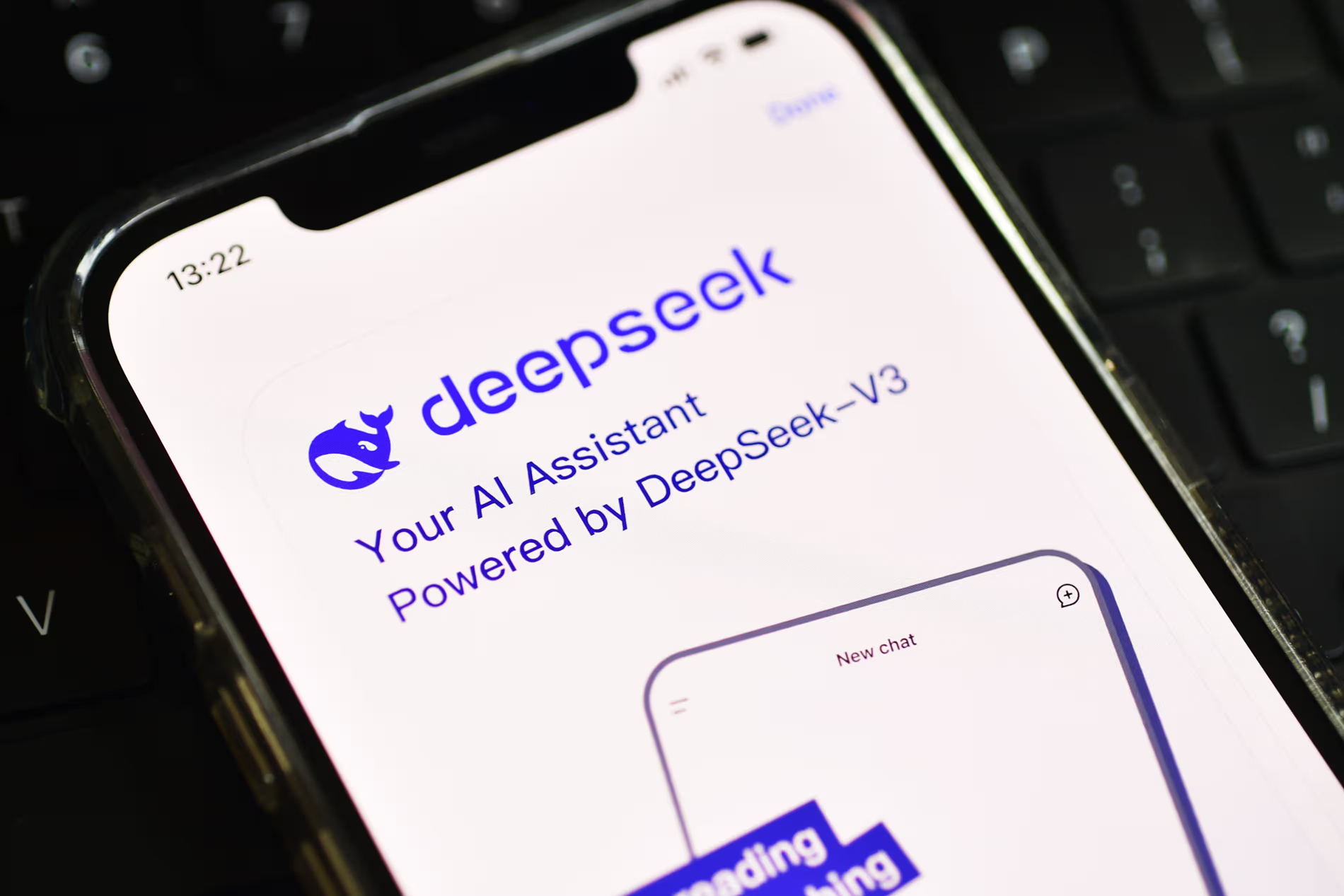
Another question about Korea's Dano festival, DeepSeek answered it is a Korean traditional festival if asked in Korean and a Chinese traditional festival if asked in Chinese or English.
In fact, kimchi and the Dano festival are widely recognized as Korean.
The NIS released its assessment report on DeepSeek amid controversy surrounding security issues that have led to a series of Korean organizations and businesses banning the use of this service.
According to NIS, other popular AI services like OpenAI's ChatGPT and Naver's CLOVA X give the same response regardless of language.
Additionally, DeepSeek also collects users' keyboard input patterns, which can essentially be used for personal verification, while the user data it collects, such as chat history, can be sent to some servers in China.
DeepSeek is designed to save all user inputs, sharing data with advertisers without any clear restrictions or limits on data retention time, raising privacy concerns.
NIS also pointed out that DeepSeek's terms of service suggest China could access users' personal information and input data.
The NIS has sent a notice to all government agencies, calling for vigilance when using generative AI tools like DeepSeek.
The agency will conduct a comprehensive review of DeepSeek and intends to make the results available to the public if necessary.
(According to Yonhap)
Source: https://vietnamnet.vn/deepseek-tuyen-bo-kim-chi-cua-trung-quoc-2370105.html






![[Photo] Closing of the 1st Congress of Party Delegates of Central Party Agencies](https://vphoto.vietnam.vn/thumb/1200x675/vietnam/resource/IMAGE/2025/9/24/b419f67738854f85bad6dbefa40f3040)






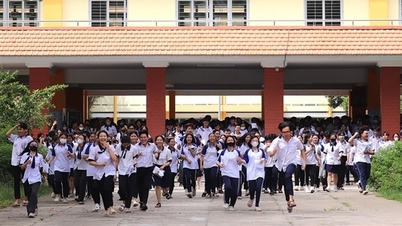













![[Photo] Editor-in-Chief of Nhan Dan Newspaper Le Quoc Minh received the working delegation of Pasaxon Newspaper](https://vphoto.vietnam.vn/thumb/1200x675/vietnam/resource/IMAGE/2025/9/23/da79369d8d2849318c3fe8e792f4ce16)


























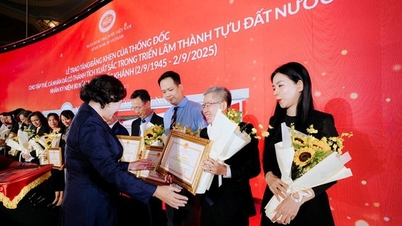








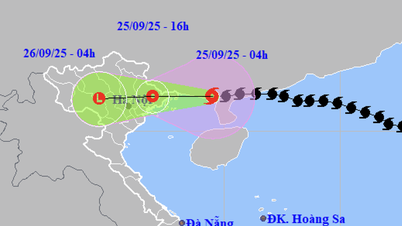












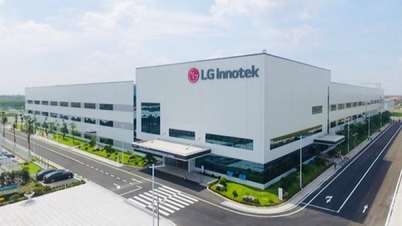














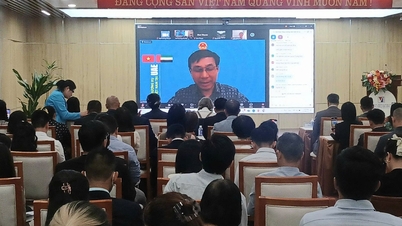





Comment (0)